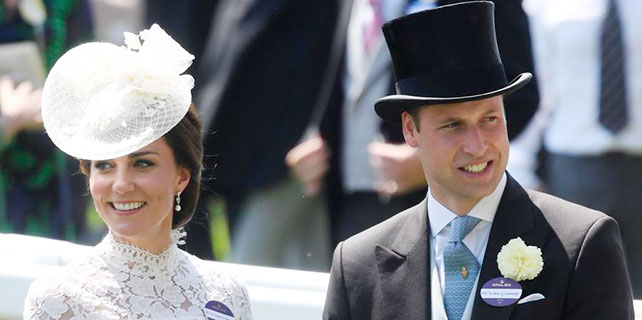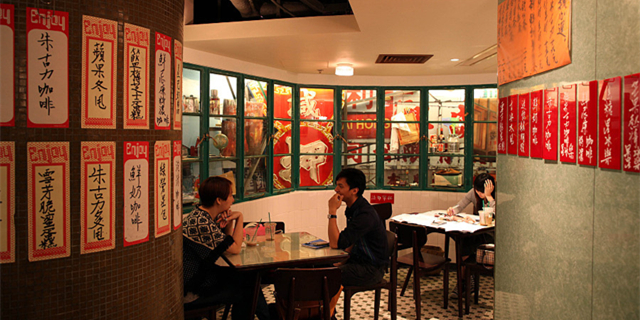Bard's poetic words lovingly translated into Mandarin
Britain's Royal Shakespeare Company has a mammoth task ahead of it – translating William Shakespeare's entire First Folio into Chinese.
The project got going with the pilot run of Henry V last year in Shanghai, followed by King Lear earlier in Beijing this year.
The translation of the entire First Folio, a collection of 36 of the Bard's plays, is one of the most ambitious projects undertaken by the RSC and will require the efforts of translators, playwrights, actors, and directors.
Weng Shihui, who is managing the Shakespeare Folio Project, said the aim is to create translations that are superior to past academic efforts that did not work well on the stage.
"Older translated works of Shakespeare cannot be used on stage, as most of these were done by academics,"Weng said. "We wanted to create new translations explicitly for theatre, rather than literature.”
She admitted that Henry V was a challenge.
"It has never been staged professionally in China and it's an unfamiliar title, characters, and story for the Chinese audience,"said Weng, who studied law at university in Shanghai but always had theatre as her passion. Her father is also in the creative industry, he works as a playwright in classical Chinese theatre.
Weng moved to Britain in 2008 to take a master's degree in creative and cultural entrepreneurship at Goldsmiths, University of London. She then started work at the National Theatre of Scotland, in Glasgow, where she stayed for four years, before joining the RSC and taking on the project.
"I enjoy the challenge, the language, and the most exciting moment is seeing an audience's response. That is the thrilling thing about theatre, the liveliness, and everyone is so attentive and they are moved or entertained by the story,"she said. "This is not just a translation project in a linguistic sense, it is to reinstate Shakespeare and bring him to the stage where it was originally intended.”
Weng said Shakespeare's verse lines are very specific and have a certain rhythm, something that is hard to retain in another language. More importantly, she strives to retain the thought pattern that created the lines and the characters, situations, and tone.
"The RSC never changes the lines, we don't change the structure of the text, we stay very faithful to it and it is delivered in a way that the audience will understand,"Weng said.
She cited the prologue of Henry V, in which the phrase "wooden O"was used to describe the shape of the Globe Theatre.
"There is no equivalent word in Chinese, so what we did was literally translate it to ‘wooden theatre'. It makes sense and the original meaning doesn't go away.”
















